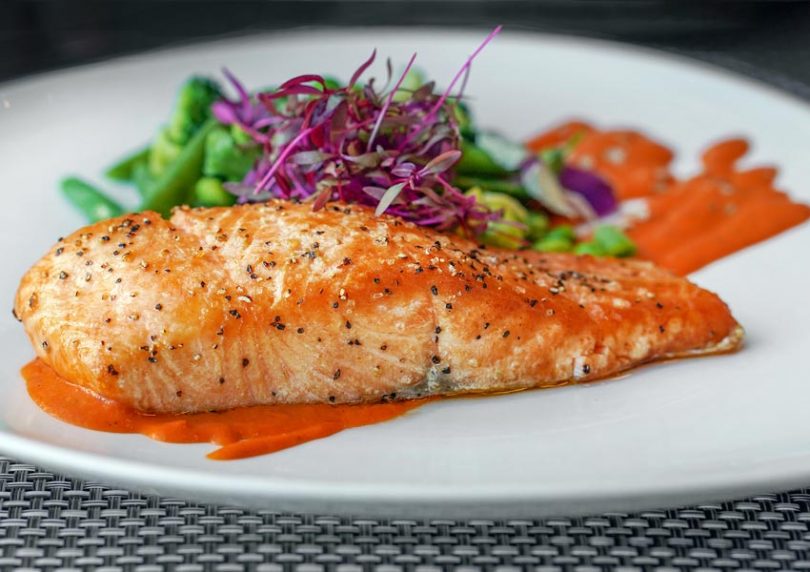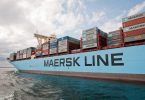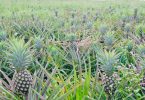Today, the Norwegian Seafood Association, Sjømatbedriftene, said it is collaborating with IBM and local IT services provider Atea to use blockchain for traceability in seafood supply chains.
One of the Association’s members Kvarøy Arctic, recently integrated the IBM Food Trust blockchain to deliver products to stores in the U.S. and Canada. Atea is the systems integrator for Kvarøy Arctic.
But with today’s announcement, the Association will be able to create its own governance by adopting the IBM Blockchain Transparent Supply. With this new IBM offering, instead of using the Food Trust network and ecosystem, the Association has built its own member-based network leveraging the technology that underpins the IBM Food Trust.
Norway is the second-largest exporter of seafood in the world and exported over 2.7 million tons of seafood in 2019.
“Norwegian seafood is known for its quality. Yet we still do not have the ability to trace where the fish came from, how it was grown or how it was stored. This creates the potential for fraud and food waste,” said Robert Eriksson, CEO of the Norwegian Seafood Association.
Seafood traceability is being explored to provide customers with insights into the origin and quality of fish and other products. In some regions, seafood is injected with chemicals such as formalin, a cancer-causing agent, to prolong their freshness. Meanwhile, aquaculture, which contributes to nearly half of the total global fish production, has been a topic of the sustainability debate.
“It is important for our customers to know that the seafood they eat is not only safe but produced in a sustainable and healthy manner,” says Alf-Gøran Knutsen, CEO of Kvarøy Arctic. “Blockchain lets us share the fish’s journey from the ocean to the store.”
The Norwegian Seafood Association, with its 200 members, is exploring IBM Food Trust to demonstrate its sustainable food production. The blockchain platform will enable companies to record data such as the catch location and time, storage temperature, shipping updates, customs clearance, and fish feed details, among other things. Feed provider BioMar has already joined the blockchain network with Kvarøy Arctic.
Some other companies working with IBM for blockchain food traceability include Raw Seafoods, National Fisheries Institute and Sustainable Shrimp Partnership.
EY Skye, a Norwegian IT consultancy acquired by EY, has built a salmon tracing blockchain platform.
Earlier this month, standards body GS1 ran a proof of concept for traceability data exchange with FoodLogiQ, IBM Food Trust, ripe.io and SAP.






